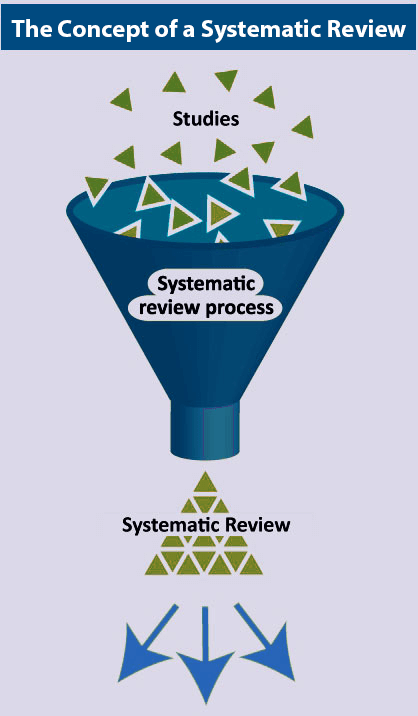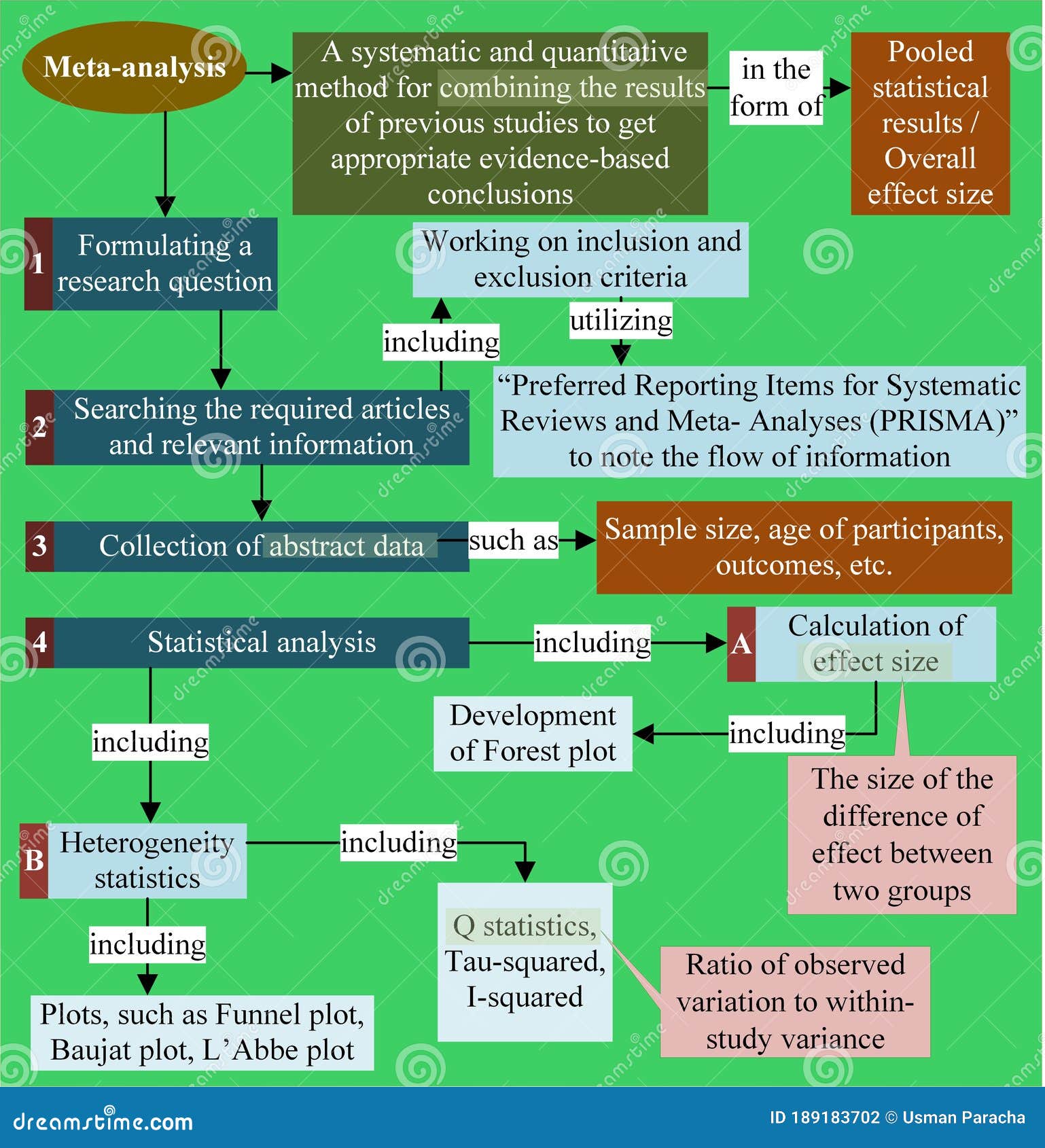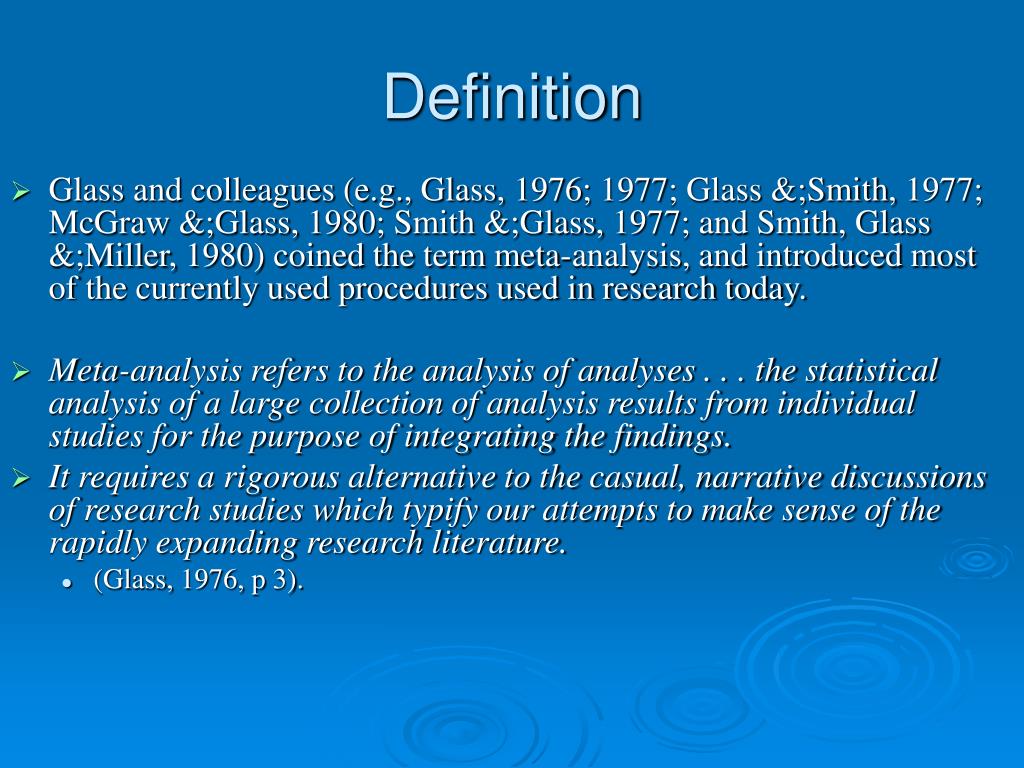
Through the process of identification, the problem can be moved from an unknown-unknown to a known-unknown, and if a solution is identified, fully resolved in the known-known quadrant. As a result, risk management experts focus on attempts to preempt risks or problems.

The remaining quadrant, the lower right-hand quadrant, has the potential to cause the most severe problems because the issue has yet to be identified. The upper right-hand column, on the other hand, signifies information we have available but do not understand where it might be useful, or which problem it might solve. The lower left-hand corner also represents concepts that we recognize exist, but do not have information to process a decision or evaluate a risk. The upper left quadrant represents known-knowns, or recognized ideas that provide the primary basis for knowledge and decision-making. The matrix is divided into four quadrants based on the cross-section of two axes representing a continuum from known to unknown (Table 1). Rumsfeld media attention and public scrutiny, yet the “unknown-unknowns” concept was a common approach to understanding organizational or project risk management.

Donald Rumsfeld, in 2002, popularized the quotation at the beginning of this article as well as the complimentary known-unknown matrix by using the phrase “unknown-unknowns,” which refers to the phenomenon where one does not know what one does not know. Third, we discuss the feasibility of using the described procedures in future meta-analyses and identifying ways that primary study authors can decrease the probability of their outcome data remaining unregistered and unreported. The results confirmed our proof of concept (i.e., that unregistered-unreported outcome data do exist), but indicated they may prove too costly and too time-consuming to conduct in routine practice. We conducted a large-scale search for potentially relevant studies, emailing primary authors, and asking the authors to complete a short author query (AQ) request that identified the previously unregistered-unreported missing outcome data. Second, we sought to locate outcomes that primary study authors collected and possibly analyzed, but did not publish publicly (i.e., unregistered-unreported outcome data, in the newly defined matrix). We addressed this by redefining the classic known-unknown matrix for research synthesis purposes, assigning the axes to registered-reported domains. First, we sought to define and explicate the various types of meta-analytic data available and unavailable to synthesize. The purpose of this project is to answer this question, which is further divided into three sections. We end by reaffirming our calls for greater adoption of primary study pre-registration as well as data archiving in publicly available repositories. Cost analyses indicated, however, a high price to finding the missing studies.

The results of our search confirmed our proof of concept (i.e., that authors collect data but fail to register or report it publicly), and the meta-analytic results indicated that excluding the identified studies would change some of our substantive conclusions. We received responses from 75 authors (12.3%), three of whom sent eligible findings. To do so, we conducted a large-scale search for potential studies and emailed an author query request to more than 600 primary study authors to ask if they had collected eligible outcome data. The purpose of this study is to attempt to locate one type of meta-analytic data: findings from studies that neither registered nor reported the collected outcome data.

If a primary study author does not register data collection and similarly does not report the data collection results, the meta-analyst is at risk of failing to include the collected data. That is, they rely on primary study authors to register their outcome data, either in a study’s text or on publicly available websites, and report the results of their work, either again in a study’s text or on publicly accessible data repositories. Meta-analysts rely on the availability of data from previously conducted studies.


 0 kommentar(er)
0 kommentar(er)
